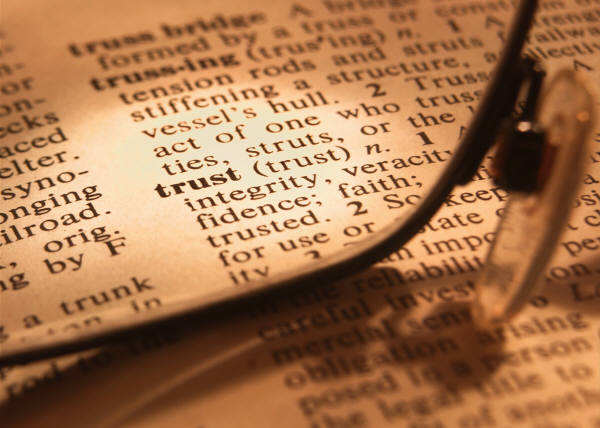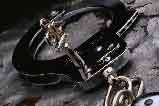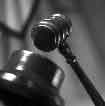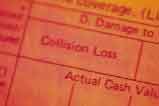|


"We
believe in persistence, determination, experienced judgment and professionalism."
Breach of Fiduciary Duty
|

Fiduciary Duty Explained
In business and other relationships,
a :fiduciary duty" is often defined as an obligation to act and
conduct oneself "in the best interests" of another party. One
example of this kind of relationship is in the corporate world.
Directors of corporations have a fiduciary duty to act in the best
interests of shareholders. Another example is in a Trust. A duly
appointed trustee has a fiduciary duty to the beneficiaries of the
trust. Even lawyers have such a duty to their clients.
A special trust is placed in the
person with the fiduciary duty, and the party to whom the duty is
owed is entitled to rely on the obligation owed by the fiduciary.
The person who owes the responsibility must accept this special
relationship of trust, and the person who's interests are to be
protected agrees to the placement of trust in the fiduciary. Once
such a relationship exists, professional expertise and discretion
must be exercised by the fiduciary, who must demonstrate special and
careful skill and diligence in his or her actions to work in the
best interests of the person or persons he is protecting. The
fiduciary must offer truthful disclosures and not act in his or her
own interests.
If you have been the victim of a
breach of fiduciary duty, you may have legal rights. We'll sit down with you and explore
your rights and remedies. |
     
Return to Front Page



Mitchell Chester, Esq. is AV Rated

Please send your e-mail to
mchester@mitchellchester.com
"The hiring of
a lawyer is an important decision that should not be based solely upon
advertisements. Before you decide, ask us to send you free written
information about our qualifications and experience."
Copyright © 2005-2009. Mitchell A.
Chester. All rights reserved. |









